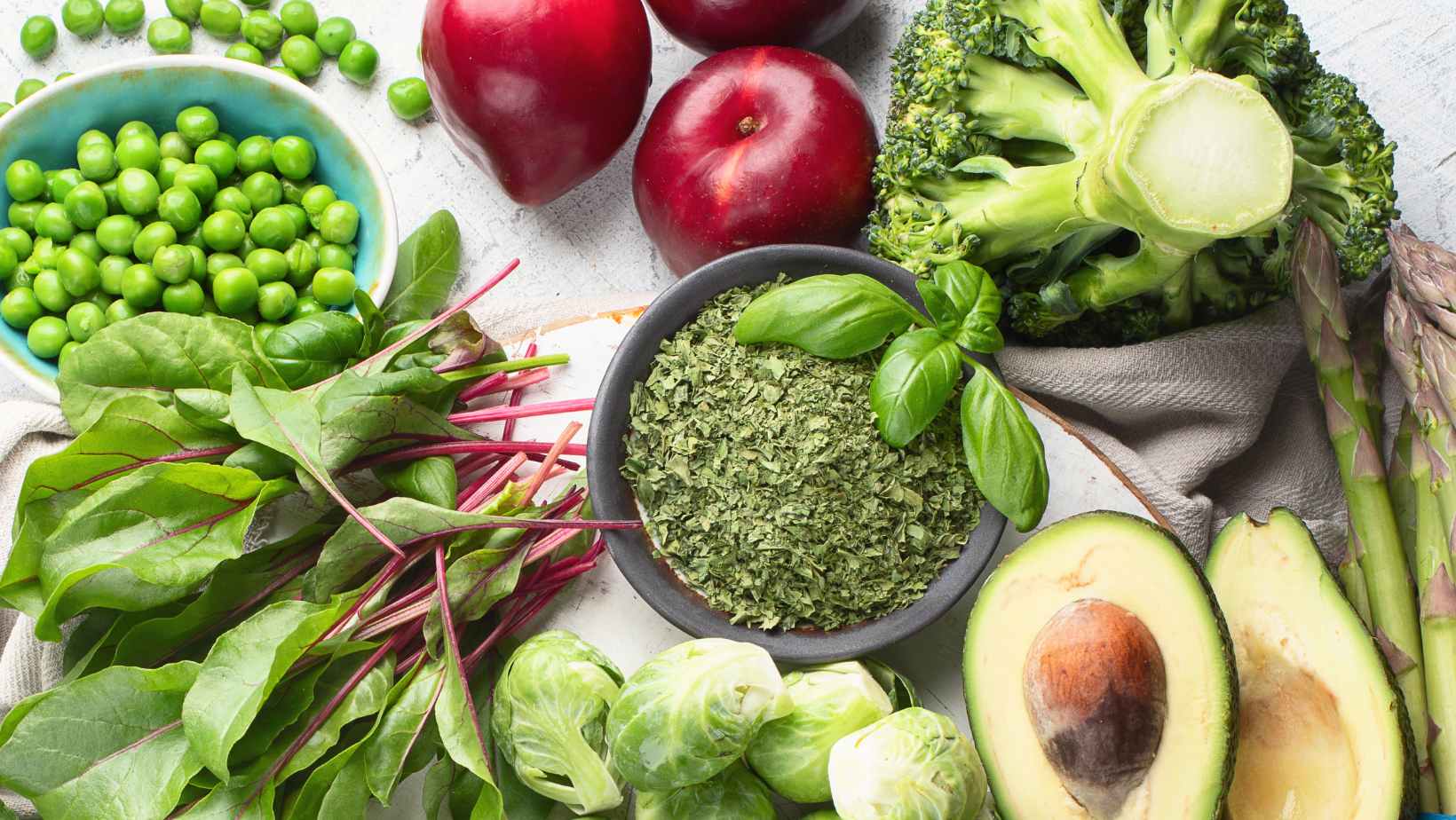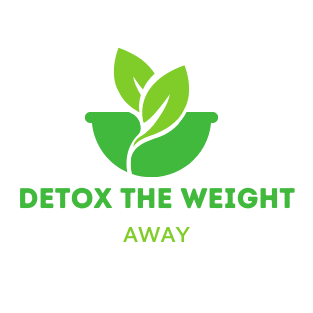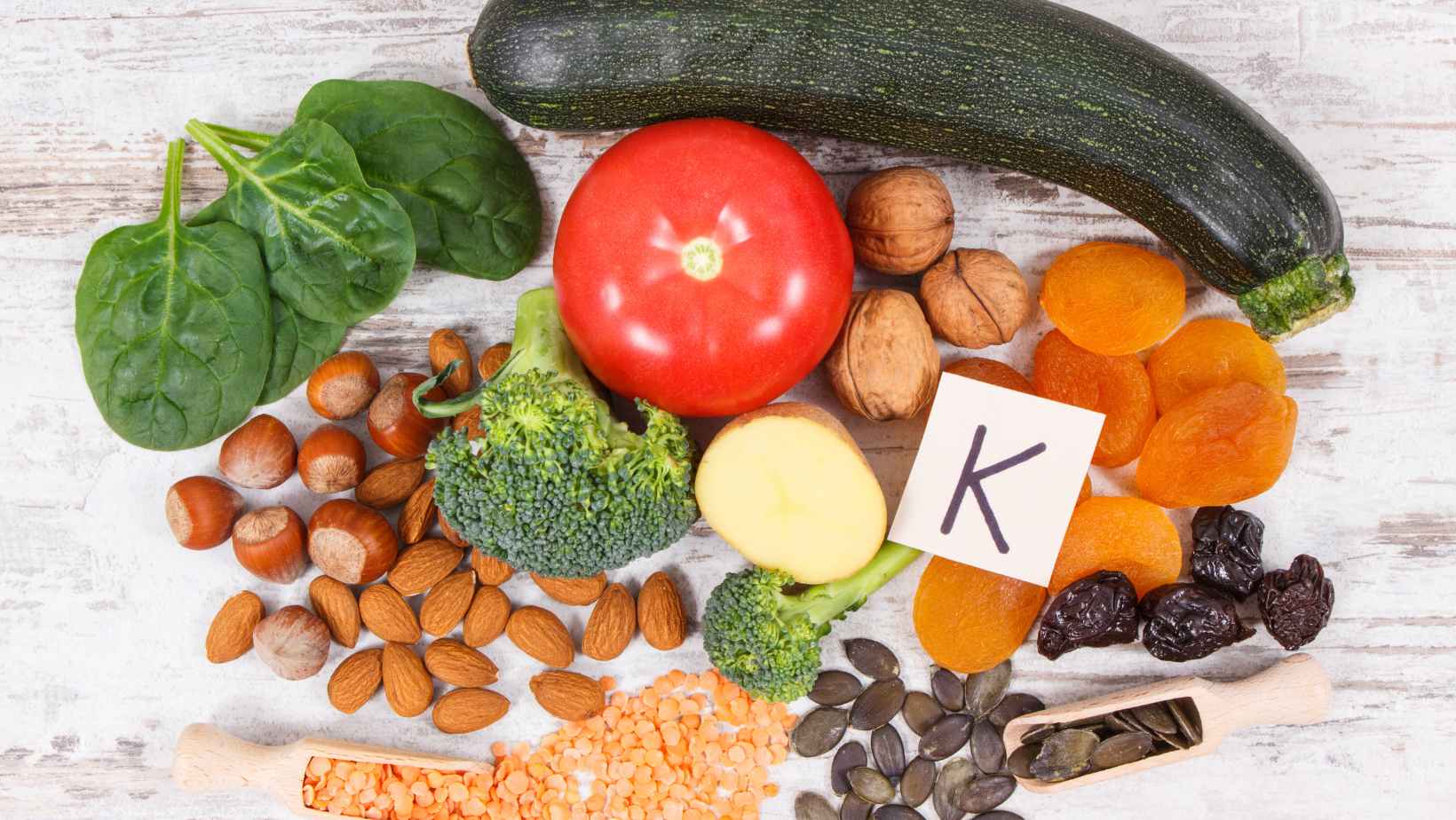Are you concerned about your vitamin K levels? Do you want to know just how much of it you need to stay healthy? You’re in luck, as this article will explain everything you need to know about vitamin K and help keep you safe and healthy.
Discover why this important vitamin is so vital for your wellbeing and find out the recommended amounts for different ages.
Vitamin K is Potassium
Vitamin K is a crucial nutrient that helps our bodies maintain healthy bones and blood clotting. It plays a vital role in the body’s blood clotting process and supports the production of proteins for healthy bone tissues. It helps to prevent excessive bleeding and accelerates the healing process of wounds.
The recommended daily intake of Vitamin K for adults is approximately 90 to 120 micrograms. However, infants and children may need different amounts depending on their age and weight.
It is worth noting that Vitamin K is not potassium. Although both nutrients have similar letters, they are different chemically and functionally. Potassium is an electrolyte that plays a role in blood pressure regulation, muscle contraction, and nerve function. For optimal health, make sure to get the recommended daily intake of both nutrients.
Pro tip: Green, leafy vegetables like spinach, kale, and collard greens are excellent sources of Vitamin K.
Benefits of Vitamin K
Vitamin K, also known as potassium, is an essential nutrient that plays a crucial role in blood clotting, bone health, and heart health.
The recommended daily intake of vitamin K for adults is 90-120 micrograms. However, individual needs may vary depending on age, gender, and health status.
Here are some of the benefits of vitamin K:
| Blood clotting: | Vitamin K helps the blood clot properly in case of a injury or wound. |
| Bone health: | Vitamin K is crucial for maintaining bone health, as it helps the body absorb calcium and prevent fractures. |
| Heart health: | Vitamin K can improve heart health by reducing the risk of heart disease and stroke, as well as lowering blood pressure. |
Boost your vitamin K intake by incorporating leafy greens, vegetable oils, and liver into your diet.
Sources of Vitamin K
Vitamin K is an essential nutrient that helps to maintain healthy bones, blood clotting process, and overall cardiovascular health. While it is best known for its role in blood clotting, vitamin K plays an important role in maintaining healthy bones and preventing osteoporosis.
Here are some sources of vitamin K:
| Leafy greens | Cruciferous vegetables | Natto | Meat | Dairy products |
| Spinach, kale, collard greens, and swiss chard | Broccoli, cauliflower, and brussels sprouts | A traditional Japanese dish made from fermented soybeans | Beef liver and chicken breast | Cheese, yogurt, and milk |
Pro Tip: To increase your vitamin K intake, consider including leafy greens in your diet like adding spinach or kale in smoothies, salads.

Recommended Daily Intake of Vitamin K
Vitamin K is an essential nutrient that helps the body build strong bones and promotes healthy blood clotting. The recommended daily intake of vitamin K varies by age, sex, and individual health needs.
Adult men should aim for a daily intake of 120 micrograms of vitamin K, while adult women should aim for 90 micrograms. Pregnant women should increase their intake to 90-120 micrograms, depending on their individual needs.
Other factors that affect your daily intake of vitamin K include your overall health, medications, and dietary habits. If you are on blood-thinning medications or have health conditions that affect vitamin K absorption, you may need to adjust your vitamin K intake.
To ensure you are getting adequate vitamin K, incorporate foods like kale, spinach, broccoli, and other leafy greens into your diet. If needed, talk to your doctor or a registered dietitian to determine your individual daily vitamin K needs.
Signs and Symptoms of Vitamin K Deficiency
Vitamin K is a vital nutrient required for proper blood clotting and bone health. The amount of vitamin K an individual needs varies based on their age, sex, and overall health status. The recommended daily intake for adults is 120 micrograms for men and 90 micrograms for women. Symptoms of vitamin K deficiency can range from minor bruising and bleeding to severe hemorrhage and osteoporosis.
| Signs of Vitamin K Deficiency |
| Excessive bleeding and bruising |
| Easy and frequent nosebleeds |
| Bleeding gums |
| Heavy menstrual periods in women |
| Blood in the urine or stool |
| Weak bones and increased risk of fractures |
If you experience any of these symptoms, consult your doctor to determine if you have a vitamin K deficiency and need to adjust your diet or take supplements.
Potential Side Effects of Vitamin K Overdose
Vitamin K is a crucial nutrient that aids in blood clotting, bone health, and maintenance of good cardiovascular health. The FDA Recommended Daily Allowance (RDA) for Vitamin K is 120 mcg for men and 90 mcg for women.
However, excessive intake of vitamin K through supplements or diet can lead to potential side effects such as:
| – Reduced effectiveness of blood-thinning medications |
| – Interference with drugs that affect blood clotting or liver function |
| – Hemolytic anemia, which causes red blood cells destruction |
It is essential to stick to the recommended daily dose and speak to a healthcare provider before starting vitamin K supplements if necessary.
Pro tip: A balanced diet that includes leafy green vegetables like kale and spinach, broccoli, and fermented foods like natto can give you the required dose of vitamin K.

Risk Factors for Vitamin K Deficiency
Vitamin K is an essential nutrient that plays a crucial role in blood clotting and bone health. While a deficiency of this vitamin is rare, certain factors can increase your risk of not getting enough vitamin K.
| Risk Factor | Description |
| Restricted diets | If you follow a strict diet or have a restricted diet, you may not be getting enough vitamin K. |
| Certain medical conditions | Health conditions that affect nutrient absorption, such as Crohn’s disease, celiac disease, and liver disease, can increase the risk of vitamin K deficiency. |
| Antibiotic use | Prolonged use of antibiotics can lead to a vitamin K deficiency by destroying the gut bacteria that produce vitamin K. |
| Blood thinners | Certain blood-thinning medications, such as warfarin, can interfere with vitamin K absorption and increase the risk of deficiency. |
To meet your daily vitamin K requirements, aim to consume foods rich in vitamin K, such as leafy greens, broccoli, and cabbage. Pro Tip: If you think you have a vitamin K deficiency, talk to your healthcare provider about getting tested and the appropriate treatment.
Vitamin K Supplements and Dosages
Vitamin K is a fat-soluble vitamin essential for blood clotting, bone health, and proper bodily function. The recommended daily intake of vitamin K varies depending on age, sex, and health status, and can be obtained through a balanced diet or supplements.
| Infants (0-12 months): | 2-2.5 mcg/day |
| Children (1-18 years): | 30-75 mcg/day |
| Men (19 years and older): | 120 mcg/day |
| Women (19 years and older): | 90 mcg/day |
| Pregnant or breastfeeding women (19 years and older): | 90-120 mcg/day |
Vitamin K supplements are generally safe to consume, but should only be taken under the guidance of a healthcare professional, as excessive intake can lead to adverse effects.
Pro tip: Vitamin K is abundant in leafy greens like kale, spinach, and broccoli. Incorporate these foods into your diet to meet your daily vitamin K needs.

